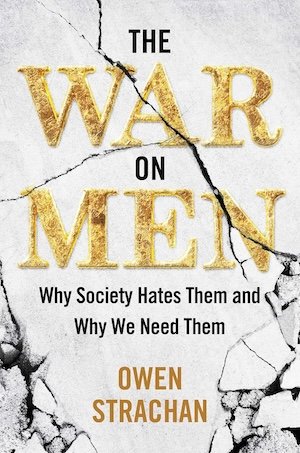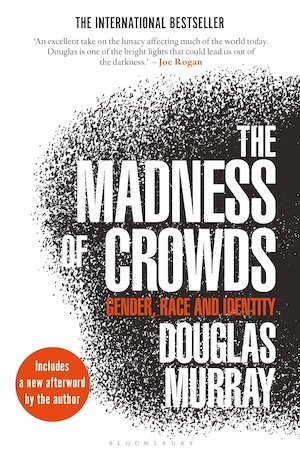
“He who learns but does not think, is lost! He who thinks but does not learn is in great danger.” -Confucius
Categories

Masculine Christianity
In today's culture, the church has largely capitulated to secular values, abandoning the clear biblical mandates for male leadership. We must reclaim a robust, masculine Christianity where men lead with courage, wisdom, and sacrificial love, reflecting Christ's own example. Only by returning to these timeless truths can we strengthen our families and restore the church to its intended glory.

It's Good to Be a Man: A Handbook for Godly Masculinity
"It's Good to Be a Man" challenges men to embrace their God-given roles as leaders, providers, and protectors, rejecting the negative portrayals of masculinity prevalent in modern culture. Grounded in biblical teachings, the book offers practical advice for living out true manhood in daily life, emphasizing spiritual growth and community involvement. By encouraging brotherhood and accountability, it aims to equip men with the tools needed to navigate contemporary challenges and fulfill their divine purpose confidently.

The War on Men: Why Society Hates Them and Why We Need Them
In "The War on Men," Owen Strachan passionately argues that the erosion of traditional masculinity is detrimental not only to men but to society as a whole. He calls on men to reclaim their God-given roles of leadership and integrity, asserting that these virtues are crucial for the stability and prosperity of families and communities. Strachan's message is both a critique of contemporary cultural trends and an inspiring call to action for men to live out their true potential with courage and honor.

The Madness of Crowds: Gender, Race and Identity
In The Madness of Crowds, Douglas Murray critically examines how identity politics have transformed societal discourse, often prioritizing group identity over individual merit. He argues that modern social justice movements, while well-intentioned, frequently exacerbate division and suppress free speech by promoting a culture of victimhood. Murray calls for a return to rational debate and individualism to foster a more inclusive and resilient society.
